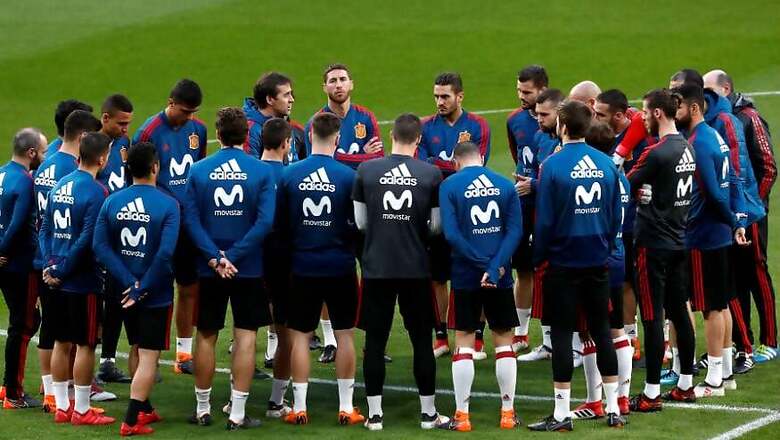
views
Spain players are doing their homework on Video Assistant Referees (VAR) and will know the system inside-out at the World Cup, according to the national team coach Julen Lopetegui.
This summer's football showpiece in Russia will be the first of its kind to use video techonology, with referees able to consult on decisions relating to goals, penalties, red cards and cases of mistaken identity.
VAR was introduced in the top divisions in Germany and Italy this term, as well as selected matches in England's domestic cups, but Spanish football has been slower on the uptake.
La Liga will bring in VAR from the start of next season, along with goal-line technology.
Criticism of VAR has centred on the delays imposed during matches, as well as confusion created among both players and fans.
But Lopetegui wants his team to be ready.
"I think we have to prepare for VAR, you have to prepare yourself because I think there are going to be some moments at this World Cup that are different from usual," Lopetegui said.
"You have to prepare for the stops and delays, the restarts after the stops. You have to understand what the rules are and what the priorities of the referees are so that you are fully attuned to what's going on.
"We must prepare. It's a novelty we are not used to in Spain, there is no such thing as VAR here, so we have to prepare for the World Cup where VAR will exist."
Spain will be among the favourites in Russia, having gone 18 matches unbeaten, with their latest friendly in March delivering a 6-1 trouncing of Argentina.
Asked if anything less than the semi-finals would represent failure, Lopetegui said: "This kind of analysis is not made by professionals.
"We will try to arrive very balanced, mentally prepared and with the firm conviction that we want to challenge."
After their triple triumph in 2008, 2010 and 2012, Spain are still smarting from early exits at the 2014 World Cup and 2016 European Championships.
Lopetegui has been tasked with renewal, blending the older generation of Andres Iniesta, Sergio Busquets, Gerard Pique and David Silva with new blood like Marco Asensio, Thiago Alcantara, Isco and David de Gea.
"We have a mix of different generations and we will try to make this mixture work," Lopetegui said.
"I am in love with my players, I love my players but we are aware that the only one that will help us win games is the team."
Portugal, the reigning European champions, are the stand-out rivals in Group B and Spain's opening opponents on June 15. It means Cristiano Ronaldo is likely to be pitted against Real Madrid team-mates Sergio Ramos and Dani Carvajal in defence.
"Cristiano does not play alone, he has a great team behind him," said Lopetegui, who knows Portugal after his two years managing Porto.
"Portugal have a mix of players and talent, which is what Portuguese players and coaches are often about. It's like play-ground football."
It would be a surprise if Morocco or Iran gatecrashed the top two but both were unbeaten in their final qualifying groups and Morocco progressed without conceding a single goal.
"We talk about both of them, we talk about them a lot I can assure you," Lopetegui said.
"Iran has been the best team in Asia for the last six years, that is clear. Morocco has twice won the Africa Cup of Nations and has managed to not concede any goals in the qualifiers.
"So we face the champions of Europe, the best team in Asia and the best African team. All groups are difficult, it is a World Cup."
Concerns have been raised about Russia's hosting of the tournament, not least with regards to racism from fans, doping and allegations of corruption during the bidding process. Spain will be based in the southern city of Krasnodar.
"I have no doubt Russia is going to organise a great World Cup," Lopetegui said.
"We believe Krasnodar is the best place to prepare for the tournament, it is true. It is not a World Cup venue with matches there, but that will allow us to concentrate.”










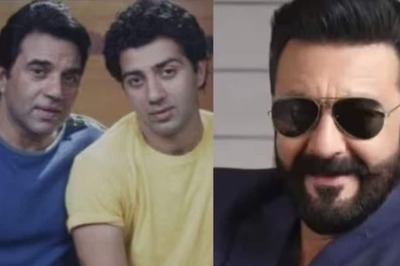


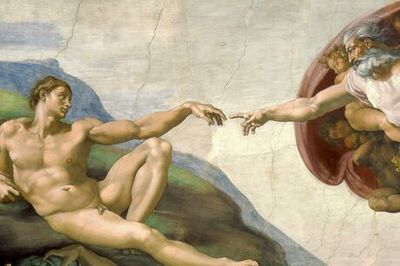
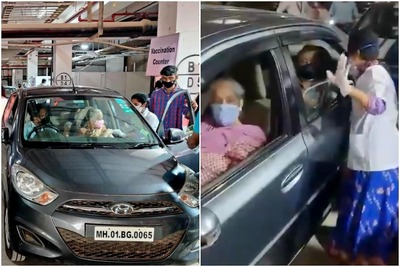


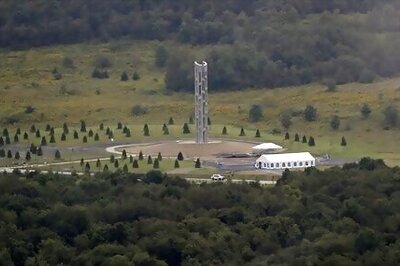
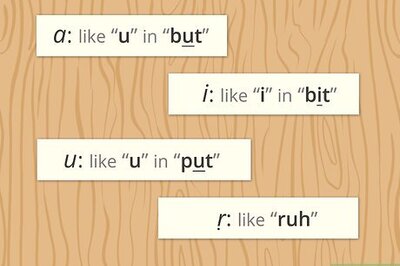

Comments
0 comment